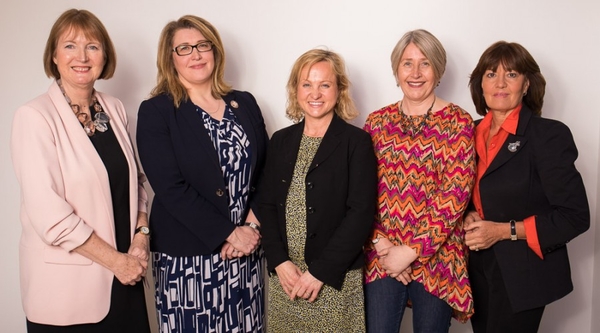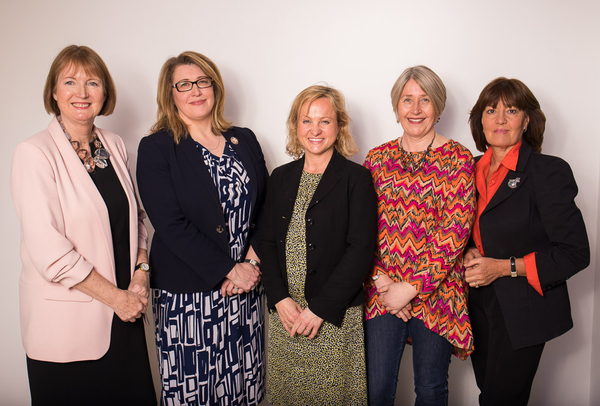Mind The Gap: Closing the Gender Pay Gap in Television
Join our distinguished panel – including Harriet Harman, who introduced the legislation requiring gender pay data reporting - to discuss what the figures show, the implications for companies and the sector more broadly, and what can and should be done to narrow the gender pay gap.


